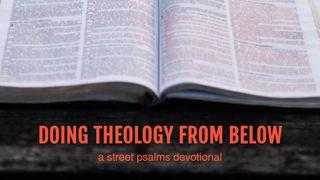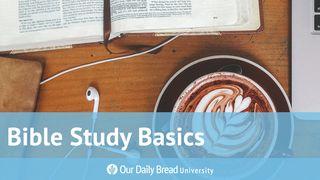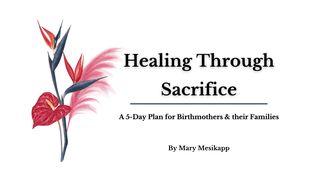Plan info
What Does the Bible Say About Money?Sample
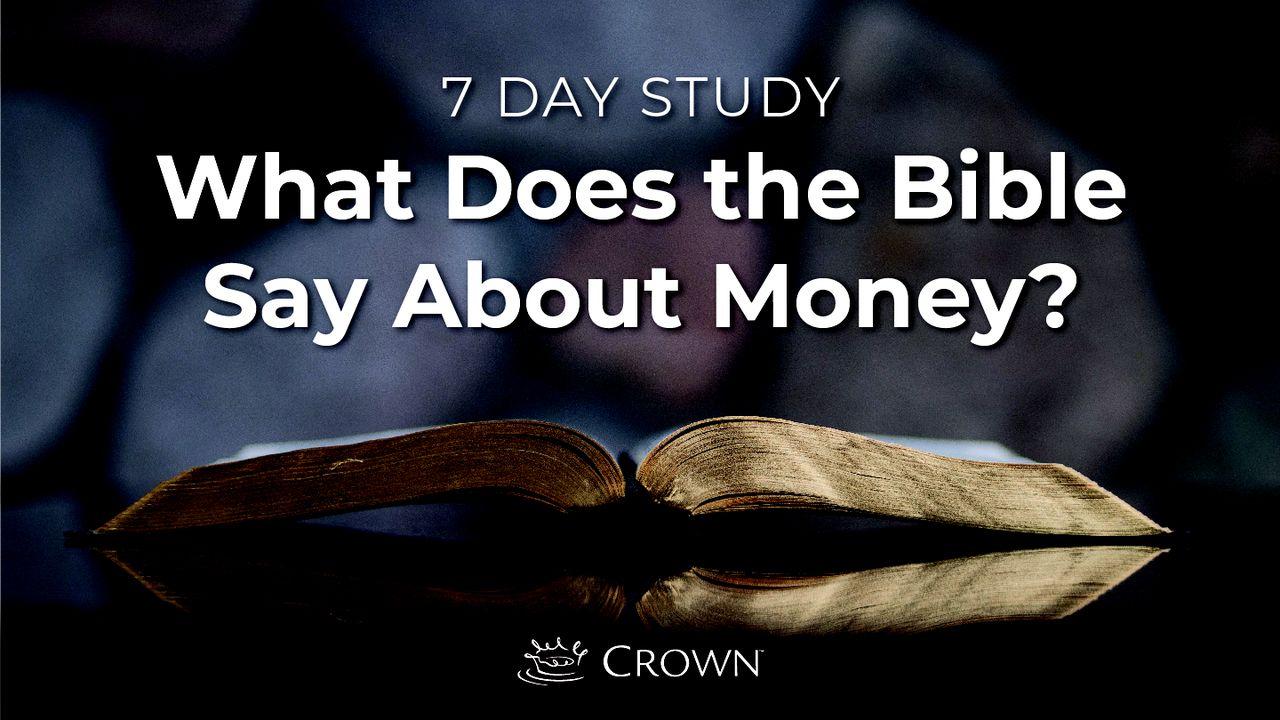
### What Does the Bible Say About Tithing?
The word tithe literally means “a tenth”. The Bible describes the giving of a tithe as a testimony to God’s ownership. It was through the tithe that Abraham acknowledged God’s ownership. Abraham was not under the law – that didn’t come until later with Moses. Abraham gave because he loved God and was convinced that the tithe belonged to Him.
Abraham was a faithful steward, willing to surrender everything, even his precious son, Isaac. When convicted by God, Abraham obediently surrendered the tithe because he understood its significance.
The amount of the tithe is important to us when we acknowledge that God already owns all that we are given, we are just returning a portion to honor Him. Given as a testimony, the tithe reaps a great harvest because it’s the seed we plant for God to multiply.
Please understand that the exact amount you give is not important to God. Paul pointed out in 2 Corinthians 9:7, “Each one must give as he has decided in his heart, not reluctantly or under compulsion, for God loves a cheerful giver.” There is freedom here. God wants a surrendered heart that willingly shares out of love and obedience to Him without expecting something back. After all, He’s blessed us beyond measure already, so our giving should be of gratitude in His honor.
The Road to Cheerful Giving
As Randy Alcorn says, “I view the tithe of 10% as I view a child’s first steps. His first steps are not his last, neither are they his best, but they are a fine beginning. So is the tithe. Tithing is for many the first toddler’s step of stewardship. It is the training wheels on the bicycle of true giving. It may not be a home-run, but it gets you on base—which is a lot further than the majority of church members ever get.”
Giving with the proper attitude and an eternal perspective opens our hearts to the needs of others. We see the world through God’s eyes. Pay close attention to how personal Jesus makes the issue of generosity in this final parable.
When the Son of Man comes in his glory, and all the angels with him, then he will sit on his glorious throne. Before him will be gathered all the nations, and he will separate people one from another as a shepherd separates the sheep from the goats. And he will place the sheep on his right, but the goats on the left. Then the King will say to those on his right, ‘Come, you who are blessed by my Father, inherit the kingdom prepared for you from the foundation of the world. For I was hungry and you gave me food, I was thirsty and you gave me drink, I was a stranger and you welcomed me, I was naked and you clothed me, I was sick and you visited me, I was in prison and you came to me.’ Then the righteous will answer him, saying, ‘Lord, when did we see you hungry and feed you, or thirsty and give you drink? And when did we see you a stranger and welcome you, or naked and clothe you? And when did we see you sick or in prison and visit you?’ And the King will answer them, ‘Truly, I say to you, as you did it to one of the least of these my brothers, you did it to me. (Matthew 25:31-40 ESV)
Do we trust that God can make better use of our funds than we would? If so, then we can readily sacrifice “our” tithe, recognizing that it is insignificant compared to the promises, blessings, and glory awaiting our obedience. Giving is ultimately between you and God. Pray and ask for confirmation as to the amount, then give regularly and cheerfully.
More Than Money
Be certain that you don’t use your giving of money to avoid the responsibility of involvement in other expressions of generosity. We can shield ourselves from the needs around us by driving into our gated communities, playing golf, and shopping online, while missing the pain others live in on a daily basis.
As for the rich in this present age, charge them not to be haughty, nor to set their hopes on the uncertainty of riches, but on God, who richly provides us with everything to enjoy. They are to do good, to be rich in good works, to be generous and ready to share, thus storing up treasure for themselves as a good foundation for the future, so that they may take hold of that which is truly life. (1 Timothy 6:17-19 ESV)
Whatever you decide to give, you will never regret striving to be as radically generous as possible.
About this Plan
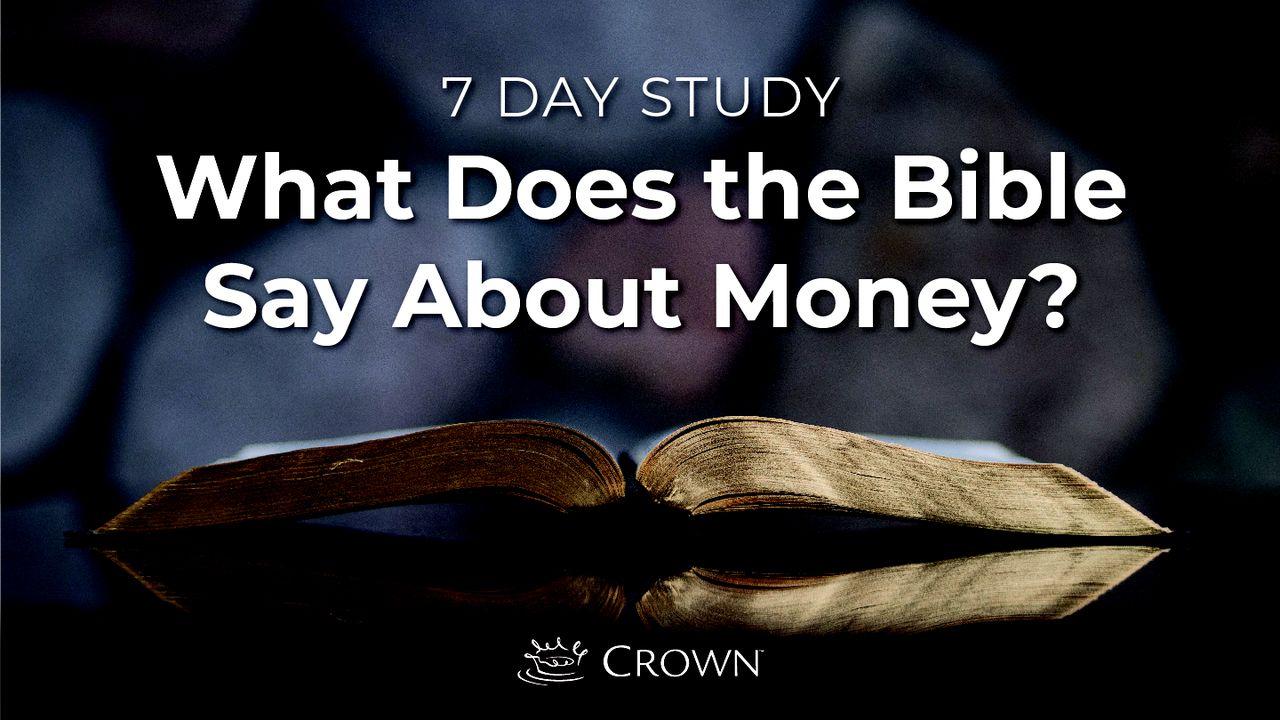
Jesus spoke of money frequently. In fact, there are over 2,300 verses on money in the Bible (more than those on heaven and hell combined). God cares about our finances and how we use our money, but He also cares about ou...
More

